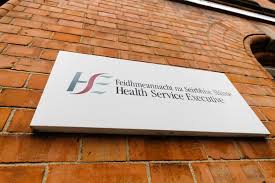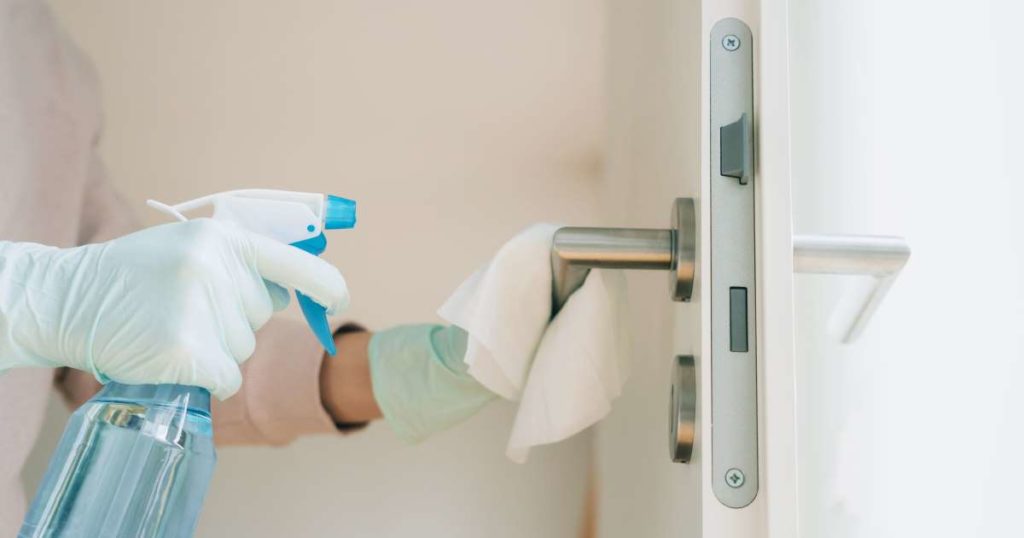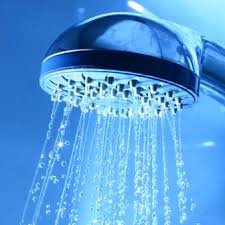The threat of Legionella to businesses
As many of our offices, hotels and workplaces prepare for staff to return to work, there is work to be done to ensure safety within premises.
Employers are busy putting in the necessary steps to mitigate the threat of the transmission of the Coronavirus for when their employees return.
However, there is another potential hazard that needs to be considered (particularly in the hospitality industry). HSE’S Health Protection Surveillance Centre (HPSC) has urged people to be aware of Legionnaires’ Disease, which can be caused due to bacteria growth in places that have been left idle during the Covid-19 pandemic.

What is Legionnaires’ Disease?
Legionella is a bacteria caused by the growth of Legionella bacteria in water systems which are not properly managed. The bacteria can cause Legionnaires disease, which is a type of pneumonia causing serious illness. It can manifest as Legionnaires’ Disease, but also in its milder form, Pontiac fever.
How does a person contract it?
The HSE said that, due to the current pandemic, many buildings have been closed for some time. “This can increase the risk of Legionella growth in the water systems and associated equipment including evaporative air conditioning systems, water fountains, showers, spa pools, and other equipment if the water systems have not been managed adequately, “ a statement from the HSE has said.
Dr Suzanne Cotter, Specialist in Public Health Medicine for the HSPC explained that “the illness is acquired by the inhalation of aerosolised water contaminated with Legionella bacteria”.
Who is at risk?
It seems that those at risk of contracting Legionnaires disease are amoung those that are already at most risk when contracting Covid-19. The elderly in particular (but even those over 50 years of age) people with immunosuppressed systems and persons with underlying respiratory conditions are most at risk.
What exactly is the risk?

The fatality rate of the disease is about 10%. The illness usually starts with flu-like symptoms including fever, tiredness, headache, and muscle pains. This is followed by a dry cough and breathing difficulties that may progress to a severe pneumonia.
Dr Cotter added: “It is very important that during this pandemic and in particular, before reopening occurs that all water systems are kept safe for the future health and safety of guests, visitors and staff.” She said the guidance is aimed at hotels, campsites and cruise ships but is relevant to all public, residential and office buildings with similar water systems.
Getting the right advice
At Wasted, we wanted to get some more information about the risks, but in particular some guidance and advice on how business can safely deal with Legionella. We spoke to Environmental Efficiency Ltd.
Here is the advice we received.
Legionella bacteria thrives in water that is left stagnant between temperatures of 20 – 45 degrees Celcius. The current Covid-19 pandemic and the addition of the recent warm weather have resulted in conditions that offer Legionella a significant opportunity to grow and proliferate within water systems. The areas that are most at risk for Legionella proliferation are:

Hot and cold water systems, HVAC systems, Spa pools, Cooling Towers, Humidifiers, Spray wash units and Fire suppression systems.
What advice can you give to companies that are getting ready to re-open?
Firstly, you need to identify key workers who carry out safety-critical activities and create a control plan for what should happen if they become ill or have to self-isolate. This may involve the providing of additional instruction, information and training to all employees and familiarizing them with the Legionella control plan and the required controls and checks that should be carried out.
Flushing of outlets, continued, appropriate dosing of evaporative cooling systems are imperative. Controls may need to be adapted due to changing circumstances. Changes to control should be proportionate to risk and based on a review of the risk assessment.
For premises with simple water systems, which have had to shut down, (such as small shops and hairdressers) extended weekly flushing of all outlets in advance of opening will assist in maintaining microbiological control.

If it is not feasible to continue ongoing control, water systems should be safely shutdown. In general, water systems should be left filled with water and not drained down. With large water systems, residual water or moisture will remain within the system if drained and biofilm can develop where there are pockets of water or high humidity. Leaving the water in the system will help to avoid other problems associated with systems drying out, including failure of tank joints and corrosion in metal pipework.
Where wet cooling systems are being shut down, competent advice should be obtained prior to shut down. Shut down of such systems will need proper decommissioning (draining, sealing and addition of desiccant) in order to minimise the Legionella risk when they are eventually put back into service.

Environmental Efficiency Risk Assessment
Environmental Efficiency Consultants can provide a full Legionella Risk Assessment and control plan. They can also deal with Legionella testing of the water systems to provide a proper picture of the bacterial health of the systems. This service offers detailed and structured support to businesses with clear and easy to follow steps on how to control the risk associated with Legionella.





